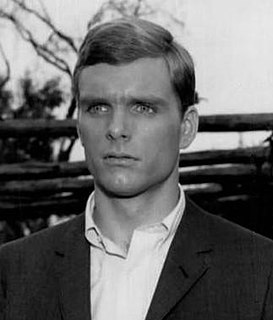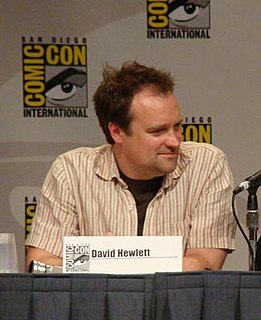A Quote by Douglas Trumbull
Working on '2001' was my film school. Stanley Kubrick was my mentor.
Related Quotes
As filmmakers, we want the audience to have the most complete experience they can. For example, I interviewed Stanley Kubrick years ago around the time of '2001: A Space Odyssey.' I was going to see the film that night in London, and he insisted I sit in one of four seats in the theater for the best view or not watch the film.
I remember hearing a good story about Jack Nicholson working with Stanley Kubrick on The Shining [1980]. Nicholson was saying that, as an actor, you always want to try to make things real. And believable. When he was working with Kubrick, he finished a take and said, "I feel like that was real." And Kubrick said, "Yes, it's real, but it's not interesting".
Young people today are flooded with disconnected images but lack a sympathetic instrument to analyze them as well as a historical frame of reference in which to situate them. I am reminded of an unnerving scene in Stanley Kubrick's epic film, 2001: A Space Odyssey, where an astronaut, his air hose cut by the master computer gone amok, spins helplessly off into space.
The genius is not in how much Stanley Kubrick does in “2001: A Space Odyssey,'' but in how little. This is the work of an artist so sublimely confident that he doesn't include a single shot simply to keep our attention. He reduces each scene to its essence, and leaves it on screen long enough for us to contemplate it, to inhabit it in our imaginations. Alone among science-fiction movies, “2001'' is not concerned with thrilling us, but with inspiring our awe.





































